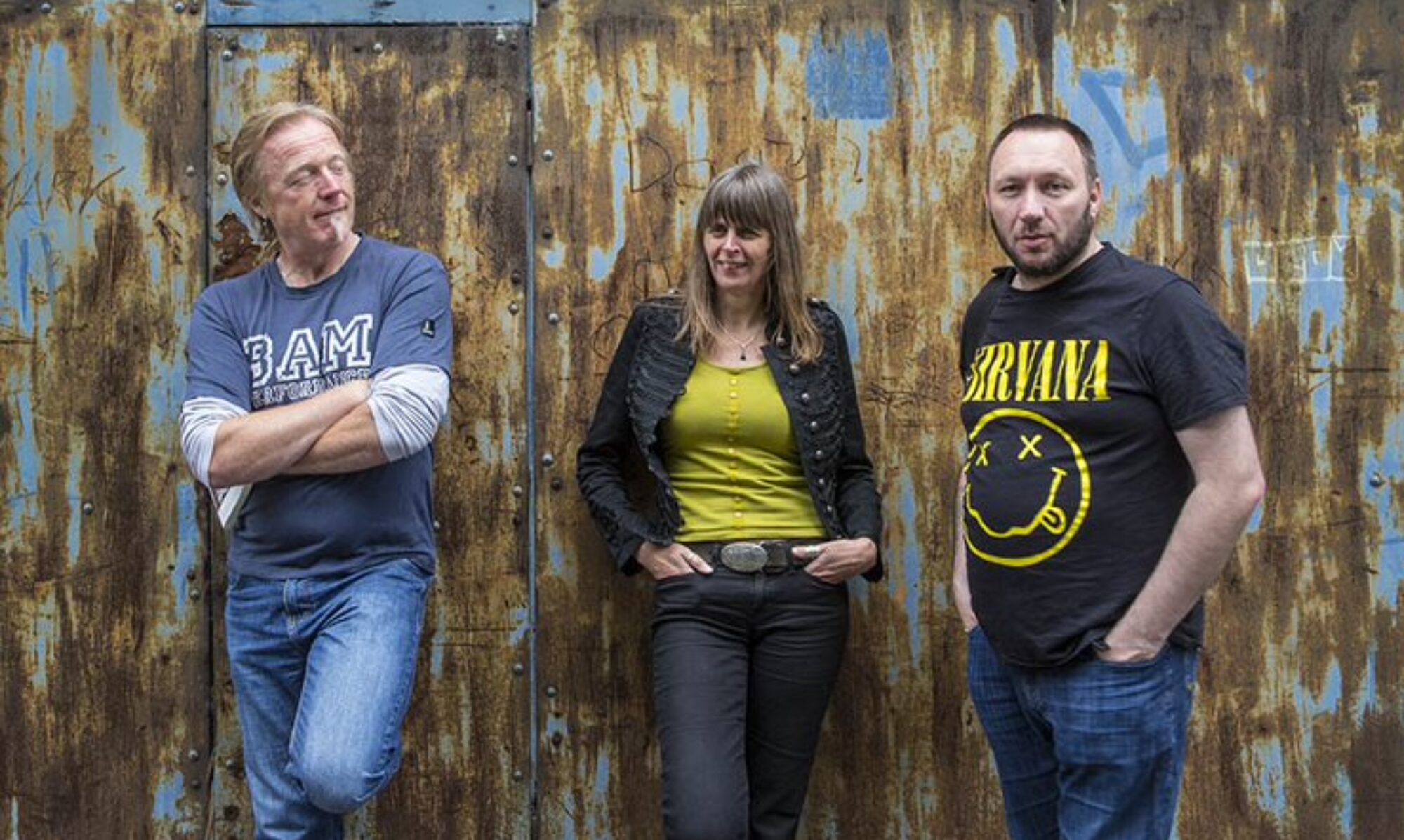Our judge Paul Francis has now selected the winning and shortlisted poems from this year’s Ironbridge Festival poetry competition, and it’s time for us to share that news with you. Our thanks to everyone who submitted poems to this year’s competition – it’s always exciting to see entries come in from across Shropshire, all over the UK, and we’re delighted to find that news of this competition has reached poets around the world. Wherever you are, we thank you for your support, and wish you all the very best of luck with your submissions and all your future writing.
1st prize
Seven buttons by Brenda Read-Brown
2nd prize
The witches of Bucha by Christopher James
3rd prizes
Cold shoulder by Estelle Price
Fenland winter by Andrew Bramwell
The cattle yard by Damen O’Brien
shortlisted poets: Aidan Casey, Annette Iles (twice), Ben Verinder, David Ashworth, David Bleiman, Ed Hamilton, Elizabeth Osmond, Frank Broughton (twice), Ian Chamberlain, James Mason (twice), Jane Kite, John Atkinson, Mandy Pannett, Mark Totterdell, Pamela Job, Sandra Noel, Sara Nesbitt Gibbons, Suzanna Fitzpatrick, Tim Relf, Tina Cole, Vincent de Souza.
The winning poem in the TF postcode category is The scold’s bridle by Alex Chown-Montague
There were five commended poets in this category: Alex Chown-Montague, Christopher Bailey, Hermione Sandall, Sandra Bond, and Teresa Heeks.
A few words from our judge, Paul Francis.

These are grim times, and none of us is getting any younger. There was a lot of divorce, dementia and death in these poems, and maybe that made me look harder for a bit of celebration – whether that be human warmth, energy in the language or originality of vision. Seven buttons is a powerful folk tale telling the story of a woman and her Nan, enriched with a network of subtly changing imagery. The Witches of Bucha is an impressive sonnet, tightly packed with images of a very different kind, and powered by justifiable outrage. Cold shoulder is family territory, but not familiar or routine, tracing the development of a daughter’s changing treatment of her father with tough realism, imagination and a neat final twist. Fenland Winter is scene-setting, but a very particular scene sketched with varied and original resources. The Cattle Yard is simultaneously grim and tender, confidently moving between a man’s relationship with his son and cattle bound for slaughter.
It was hard to restrict the prizes to these five, because the shortlist contained other poems that were skilful, memorable and unexpected, but I was grateful to get this reminder – of how much poems can do, and of the very different ways in which they can work.
